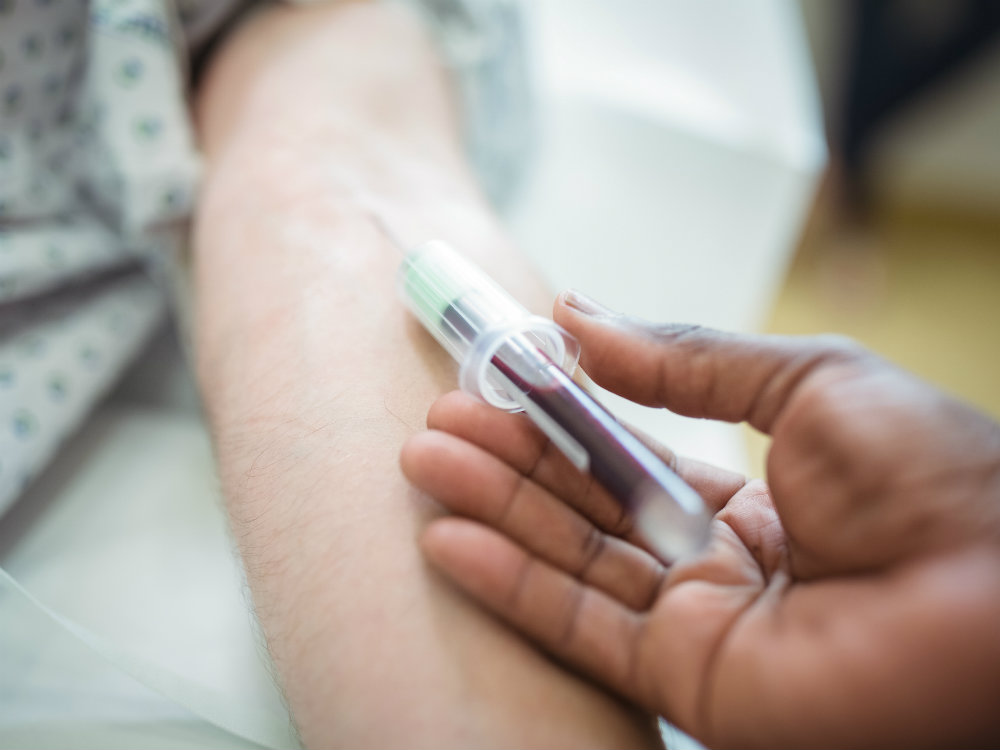

A recent study has revealed the ability of one blood test to detect as many as eight types of cancers with perfection. The study was carried out by a team of researchers at the John Hopkins University of Medicine, Baltimore, and even published in the Science Journal. The study was carried out over 1000 people with the disease and showed high specificity and sensitivity as well.
Today, even with many innovations and advances in science, Cancer is still not having a cure. While research is on, the estimated death toll by 2030 across the world due to cancer can go up to a staggering 8-13 million range.
Because, the cure is still to be found, the effectiveness of the treatment is limited to restricting the spread of the cancer cells and increasing life span. An early diagnosis is always beneficial in cancer but sadly, by the time you become aware of cancer in your body, it is too late and its spreads to other parts. The reason is the lack of advanced tools for diagnosis. But, here’s some good news from the research team at John Hopkins University could crack the code to a simple way to detect cancer that too in the early stages.
The idea is to detect small fragments of mutated DNA as well as proteins that the cancerous tumors release in the bloodstream when they are formed, thus helping to detect cancer through a blood test. The researchers revealed that the new blood test has the ability to identify 16 gene mutations as well as 8 proteins linked to eight different cancer types.
The cancers include colorectal cancer, lung cancer, breast cancer, and five others that even today do not have routine screening tests for people with average risk namely pancreatic cancer, liver cancer, esophageal cancer, stomach cancer, and ovarian cancer.
As per Cristian Tomasetti, associate professor of oncology and biostatistics of John Hopkins University, the uniqueness of this classification method in observing different levels of Proteins together with DNA mutations in order to reach a final decision.
The Cancer SEEK test was performed on 1005 individuals in total and successfully identified 70% of the cancers with high sensitivity ranging from 33% in breast cancer cases and up to 98% in ovarian cancer cases. In the five cancers which do not have routine screenings, the test performed even better showing a sensitivity of 69% to 98%.
As far as specificity is concerned the range was 99% and out of the 812 people tested, it only showed seven false results. What’s more, the test was even able to detect the location of the tumor in over 80% of the patients.
As per the researchers, it will take further study to determine its efficacy as a routine screening test for cancer detection but the results are encouraging and definitely paves the way towards improving the quality of life of cancer patients through early detection.

 Emergency Number
Emergency Number